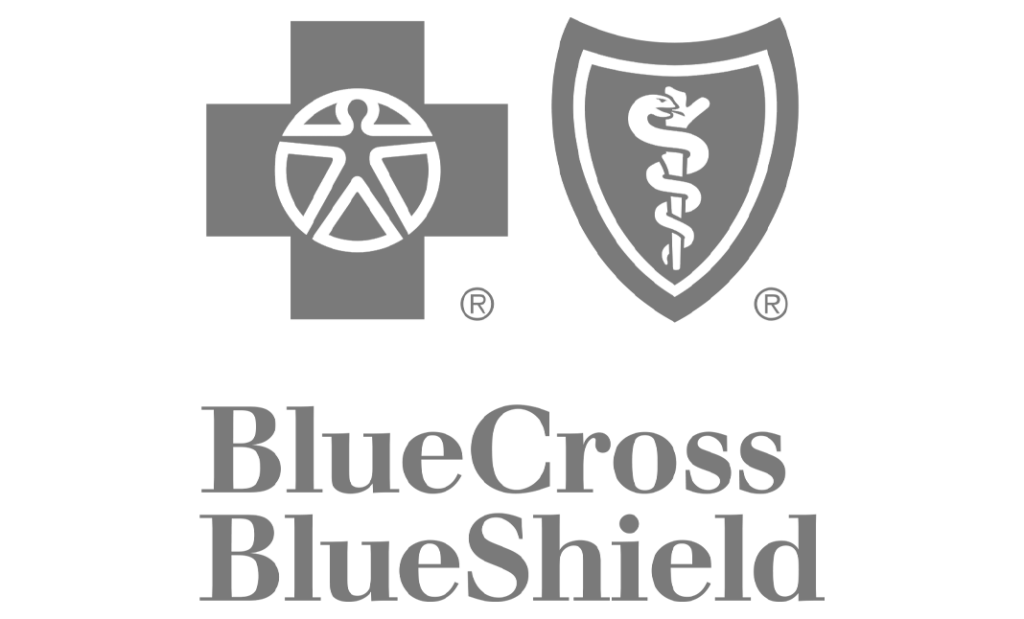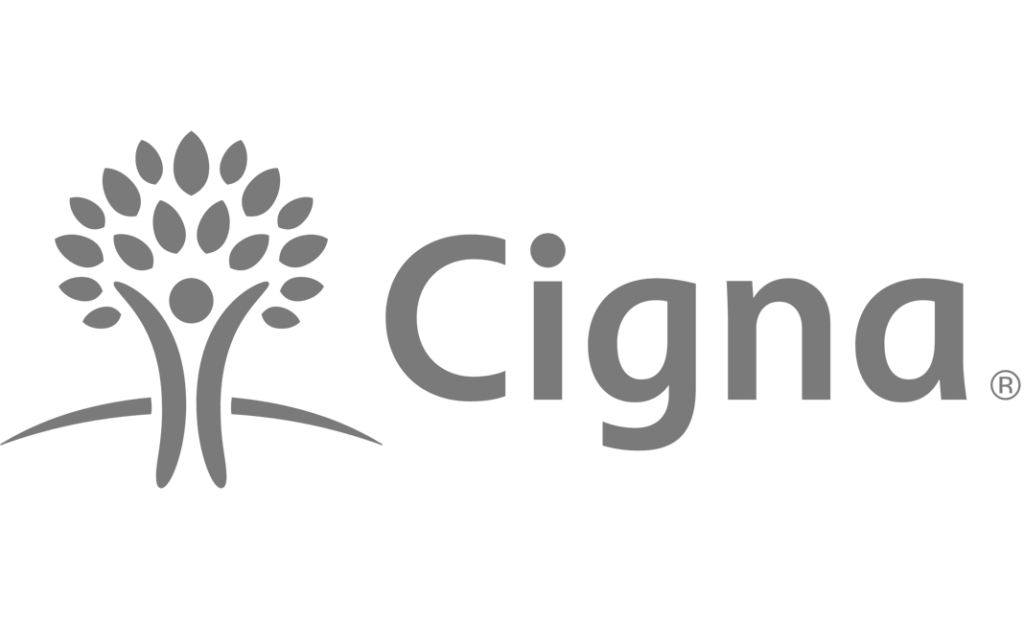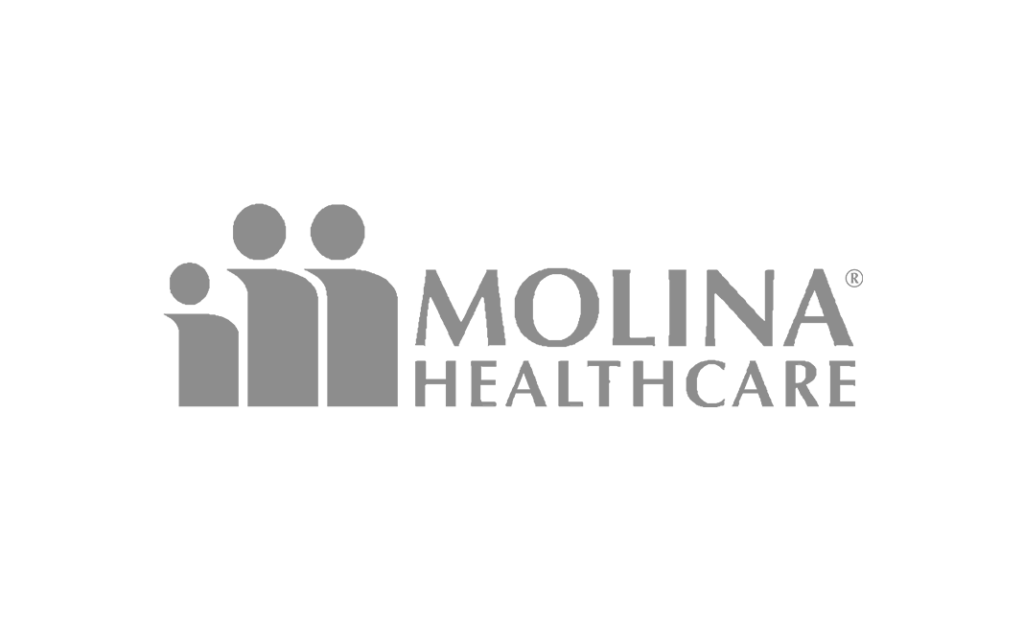How an Evidence-Based Treatment Program Can Help You
Drug and alcohol addiction, along with mental health disorders, pose major issues for individuals and society as a whole. As we continue to understand these issues, evidence-based treatment programs have emerged as a cornerstone of effective interventions in drug and alcohol rehabilitation and mental health treatment centers.
What Are Evidence-Based Treatment Programs?
Evidence-based treatment programs refer to therapeutic interventions and approaches grounded in empirical research. They have demonstrated effectiveness in clinical trials and studies, and they are guided by scientific principles. These are a few of the most common evidence-based treatment programs.
Cognitive-Behavioral Therapy (CBT)
Cognitive-behavioral therapy is an efficient, widely recognized, and extensively researched evidence-based treatment modality that effectively treats various mental health disorders. CBT operates on the premise that an individual’s feelings, thoughts, and behaviors are interconnected and influence each other. Therefore, CBT aims to modify negative patterns and facilitate healthier coping strategies by targeting cognitive distortions and maladaptive behaviors.
Principles of CBT
Cognitive Restructuring
Cognitive restructuring therapy focuses on identifying and challenging distorted thoughts and beliefs that lead to negative emotions and behaviors. Individuals can change their emotional responses and actions by replacing these with more rational and adaptive thoughts.
Behavioral Activation
CBT encourages individuals to engage in positive activities to break the withdrawal and negative reinforcement cycle, even when they may not feel like it.
Skills Training
CBT equips a person with practical skills to manage triggers, stressors, and challenging situations. This can include problem-solving techniques, communication skills, and relaxation strategies.
Homework and Practice
CBT involves assigning homework tasks that allow individuals to practice the skills learned during therapy in real-life situations. This reinforcement of new behaviors aids in skill acquisition and habit formation.
Application in Substance Use Disorder Treatment
CBT has been extensively utilized in treating substance use disorders due to its adaptability and effectiveness. In SUD treatment, CBT targets various aspects to improve individual responses.
Identifying Triggers
CBT helps individuals recognize triggers that lead to substance use, such as stress, negative emotions, or environmental cues. By identifying these triggers, individuals can develop strategies to manage them effectively.
Coping Skills
CBT equips individuals with coping skills to manage cravings and urges. These skills might include mindfulness techniques, urge surfing, and distraction strategies.
Self-Monitoring
Individuals track their substance use patterns, thoughts, and emotions. This self-monitoring process enhances self-awareness and provides valuable insights into the factors contributing to substance use.
Relapse Prevention
CBT focuses on creating a relapse prevention plan that includes strategies to handle high-risk situations, implement coping skills, and seek support from a network of peers and professionals.
Application in Mental Health Treatment
CBT has effectively treated various mental health disorders, including anxiety, post-traumatic stress disorder (PTSD), and depression.
Exposure Therapy
Particularly relevant to anxiety disorders and PTSD, exposure therapy is a form of CBT in which individuals gradually confront feared situations or traumatic memories in a controlled and safe environment.
Behavioral Experiments
CBT uses behavioral experiments to test the validity of negative beliefs. Individuals engage in activities challenging their fears or assumptions, providing evidence for more adaptive thought patterns.
Graded Task Assignment
Individuals gradually engage in activities they have avoided due to anxiety or depression. This gradual exposure helps build confidence and reduces avoidance behaviors.
Motivational Interviewing (MI)
Motivational interviewing is a person-centered, evidence-based therapeutic approach that aims to elicit and strengthen an individual’s intrinsic motivation for behavior change. Originally developed for addiction treatment, MI has been widely applied to various behavioral changes, including substance use disorders (SUDs) and mental health challenges.
Principles of Motivational Interviewing
Express Empathy
Practitioners convey genuine empathy and respect for the individual’s feelings, struggles, and concerns. This creates a safe space where clients feel understood and validated.
Develop Discrepancy
MI encourages individuals to explore discrepancies between their current behaviors and long-term goals and values. By highlighting this incongruence, clients are motivated to resolve the discord.
Roll With Resistance
Instead of confronting resistance directly, MI practitioners acknowledge and explore it. This approach avoids creating a power struggle and allows clients to reflect on their ambivalence.
Support Self-Efficacy
MI emphasizes the belief that clients possess the capacity to change. Practitioners nurture and reinforce clients’ confidence in making positive changes.
Techniques of Motivational Interviewing
Open-Ended Questions
These questions encourage clients to elaborate on their thoughts, feelings, and experiences, fostering a deeper exploration of their motivations and concerns.
Affirmations
Practitioners provide positive affirmations acknowledging clients’ strengths, efforts, and achievements. This increases clients’ self-esteem and motivation to continue progressing.
Reflective Listening
By actively listening and reflecting on what clients say, practitioners demonstrate empathy and help clients clarify their thoughts and feelings.
Application in Substance Use Disorder Treatment
MI is particularly effective in addressing ambivalence and resistance commonly encountered in SUD treatment.
Exploring Ambivalence
MI allows individuals to openly discuss their feelings about change, helping them resolve internal conflicts and move toward a decision.
Decisional Balance
Through careful exploration, MI helps individuals weigh the pros and cons of their current behaviors, leading to increased awareness of the need for change.
Personalized Feedback
Practitioners provide non-judgmental feedback based on individualized assessment results, enhancing clients’ understanding of the impact of their substance use.
Change Planning
Collaborative goal setting and action planning empower clients to take ownership of their recovery journeys.
Application in Mental Health Treatment
MI’s adaptable nature makes it relevant in addressing mental health concerns.
Increasing Treatment Adherence
MI can improve adherence to medication and therapy by addressing barriers, concerns, and misconceptions.
Exploring Readiness for Change
Practitioners gauge clients’ readiness for therapy and collaborate on a plan that respects their autonomy.
Dialectical Behavior Therapy (DBT)
Dialectical Behavior Therapy (DBT) is an effective, comprehensive, evidence-based approach originally developed to address borderline personality disorder (BPD). However, its effectiveness in managing emotional dysregulation, self-destructive behavior, and other complex mental health challenges has led to its widespread application in various settings.
Principles of Dialectical Behavior Therapy
Dialectics
DBT emphasizes the integration of seemingly contradictory ideas. Therefore, the tension between acceptance and change is the foundation for growth and transformation.
Mindfulness
Mindfulness practices are central to DBT. The practitioners teach individuals to observe their thoughts, emotions, and sensations without judgment, fostering awareness and emotional regulation.
Distress Tolerance
It equips individuals with the skills to tolerate and manage distressing emotions without resorting to self-destructive behaviors or impulsive actions.
Interpersonal Effectiveness
DBT teaches communication and relationship-building skills to improve interactions with others, set boundaries, and maintain self-respect.
Core Components of Dialectical Behavior Therapy
DBT comprises four interconnected modules, each addressing a specific aspect of emotional regulation and behavior change.
Individual Therapy
In one-on-one sessions, therapists and clients collaborate on addressing immediate concerns, implementing skills, and working through obstacles to change.
Group Skills Training
Clients participate in group sessions to learn and practice mindfulness, distress tolerance, emotion regulation, and interpersonal effectiveness skills.
Phone Coaching
Clients can access therapists outside of sessions for brief phone consultations to manage crises and apply skills in real-time situations.
Consultation Team
The therapists meet regularly to provide each other with support and guidance in delivering DBT effectively, ensuring comprehensive care.
Medication-Assisted Treatment (MAT)
Medication-assisted treatment (MAT) is an approach to curbing substance use disorders that combines medications with behavioral therapies and counseling. MAT has proven effective in reducing cravings, withdrawal symptoms, and the risk of relapse, especially in opioid and alcohol use disorders.
Principles of Medication-Assisted Treatment
Holistic Approach
MAT combines pharmacological interventions with therapeutic elements to address addiction’s physical, psychological, and behavioral aspects.
Harm Reduction
MAT diminishes the likelihood of relapse and associated health risks by reducing cravings, withdrawal symptoms, and the euphoric effects of substances.
Individualized Treatment
Practitioners tailor MAT to each patient’s needs, medical history, and substance use. Therefore, medications and treatment plans are customized accordingly.
Common Medications and Applications
Opioid Use Disorder (OUD)
Methadone, buprenorphine, and naltrexone are commonly used to treat OUD. Buprenorphine and methadone reduce withdrawal symptoms and cravings, and naltrexone blocks the effects of opioids.
Alcohol Use Disorder (AUD)
Disulfiram, naltrexone, and acamprosate are approved for treating AUD. Disulfiram induces unpleasant reactions if alcohol is consumed whereas naltrexone and acamprosate help reduce cravings.
Trauma-Informed Care
Trauma-informed care (TIC) is a compassionate approach that acknowledges the widespread prevalence of trauma and its potential impact on individuals seeking treatment. TIC focuses on creating safe, empowering, culturally sensitive environments that facilitate healing, recovery, and resilience.
Principles of Trauma-Informed Care
Safety
Ensuring physical and emotional safety is paramount in TIC. Therefore, creating an environment where individuals feel secure and respected is the foundation of the approach.
Trustworthiness and Transparency
Building trust is essential. Therefore, practitioners are open, honest, and transparent in their interactions, fostering a sense of safety and predictability.
Choice and Empowerment
TIC promotes collaboration and shared decision-making, allowing individuals to regain control and empowerment over their treatment journey.
Collaboration and Mutuality
Practitioners and clients work together as partners, acknowledging the client’s expertise in their own experiences.
Cultural, Historical, and Gender Sensitivity
TIC recognizes the impact of culture, history, and gender on trauma experiences and tailors care accordingly.
Integration of Trauma-Informed Care in Treatment Centers
Cultural Competency
Sensitivity to cultural differences and diverse backgrounds is essential in ensuring that TIC is tailored to individual needs.
Screening for Trauma
Early screening and assessment for trauma history help identify individuals who would benefit from trauma-informed approaches.
Creating Safe Spaces
Designing physical spaces that promote safety, comfort, and privacy contributes to a trauma-sensitive environment.
Collaboration With Peers
Peer support groups and networks can provide individuals with a sense of community and shared experiences, reinforcing the principles of TIC.
Advantages of Evidence-Based Treatment Programs
Evidence-based treatment programs offer a range of significant advantages that contribute to their effectiveness and positive outcomes. Grounded in rigorous research and guided by established scientific principles, these programs have gained prominence in various healthcare fields, including substance abuse treatment, mental health care, and medical interventions because of their many benefits.
High Quality of Care
Patients receive a high standard of care as evidence-based treatments adhere to established protocols and best practices, ensuring that they receive interventions that have a track record of success.
Proven Effectiveness
Evidence-based treatments have been rigorously studied and tested through scientific research, demonstrating their effectiveness in producing positive outcomes for specific health conditions.
Reduced Guesswork
These programs reduce the trial-and-error approach to treatment because they are based on established research and guidelines. This saves time, resources, and potential harm from ineffective interventions.
Tailored Approach
Evidence-based treatments can be personalized to meet individual needs. Practitioners can adapt interventions to suit the unique circumstances of each patient.
Ethical Practice
Evidence-based treatments align with ethical responsibilities in healthcare, ensuring that you receive the best available care grounded in scientific evidence.
Cost Effectiveness
In the long run, evidence-based treatments can be more cost effective by minimizing unnecessary interventions and reducing the need for repeated treatments due to unsuccessful outcomes.
How Can Defining Wellness Centers™ Help You With Evidence-Based Treatment Programs
Defining Wellness Centers™ can be pivotal in offering effective evidence-based treatment programs. As specialized facilities prioritizing holistic well-being, we can integrate evidence-based approaches into our treatment offerings.
We can leverage our expertise to create personalized treatment plans incorporating evidence-based interventions. Our focus on individualized care ensures that clients receive treatments tailored to their unique needs and circumstances, enhancing the likelihood of positive outcomes.
We can also provide a conducive environment for implementing evidence-based programs. With dedicated staff, comprehensive resources, and a commitment to the latest research, we create an atmosphere that fosters learning, growth, and healing.
Finally, we can offer a multidisciplinary approach, combining various evidence-based modalities such as cognitive-behavioral therapy, dialectical behavior therapy, and motivational interviewing. This comprehensive approach addresses different facets of well-being, enhancing the overall treatment experience.
Additionally, we can facilitate ongoing evaluation and adaptation of treatment programs based on client progress and outcomes. By collecting data and analyzing results, we can ensure that the chosen evidence-based interventions are effective and make necessary adjustments if needed. Contact us today to ensure you receive the most current and effective interventions for your recovery journey.
Real Stories. Real Impact.




























